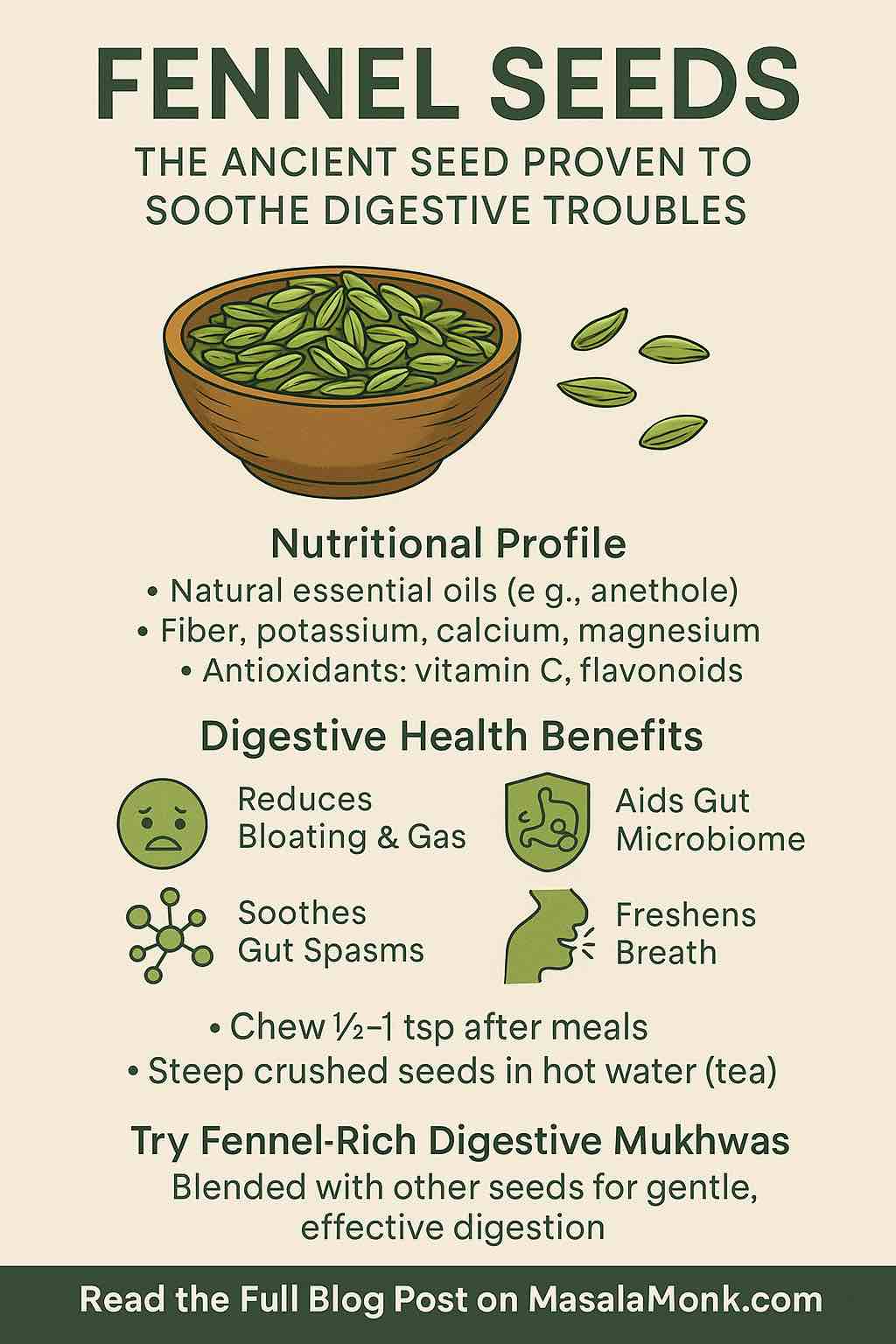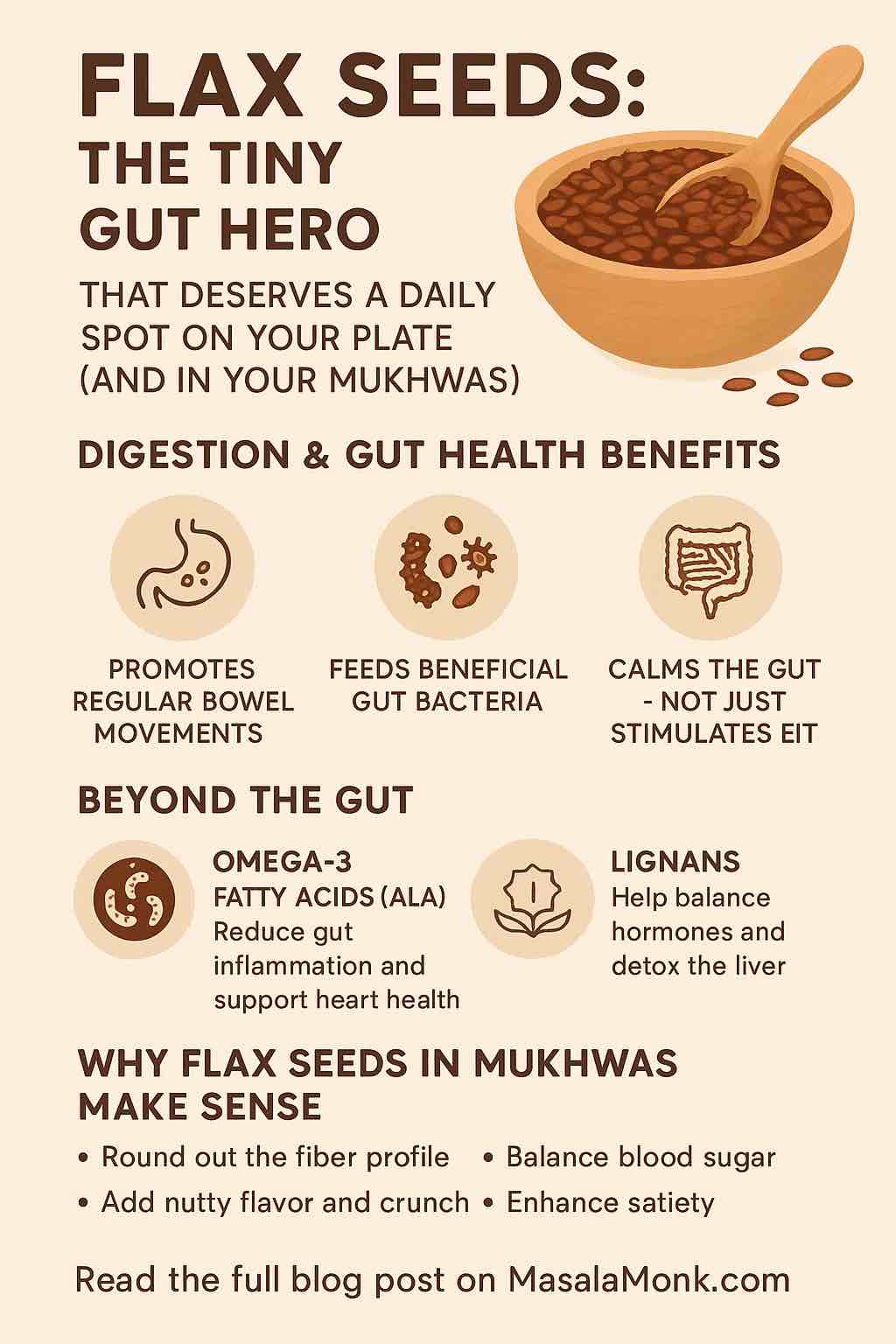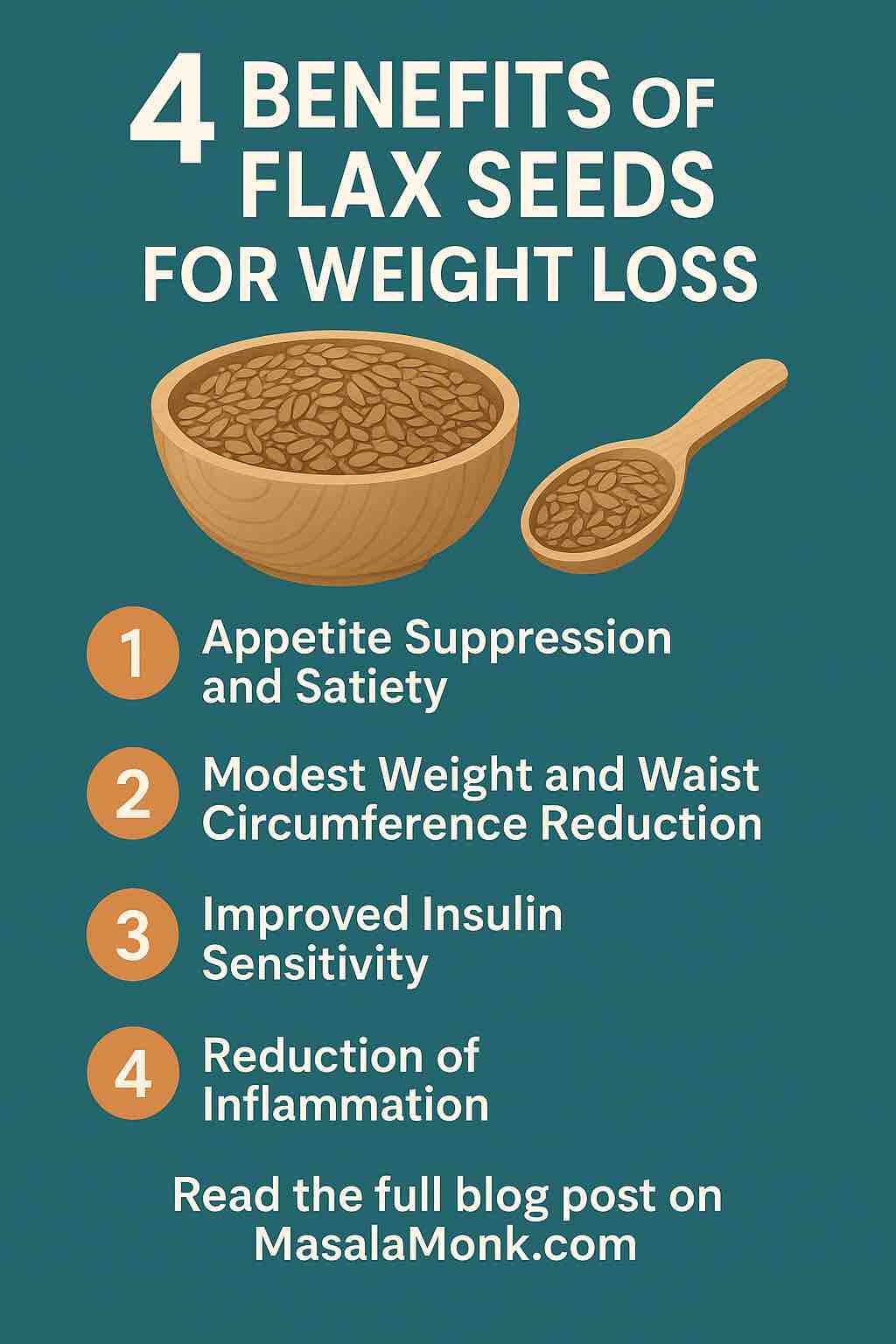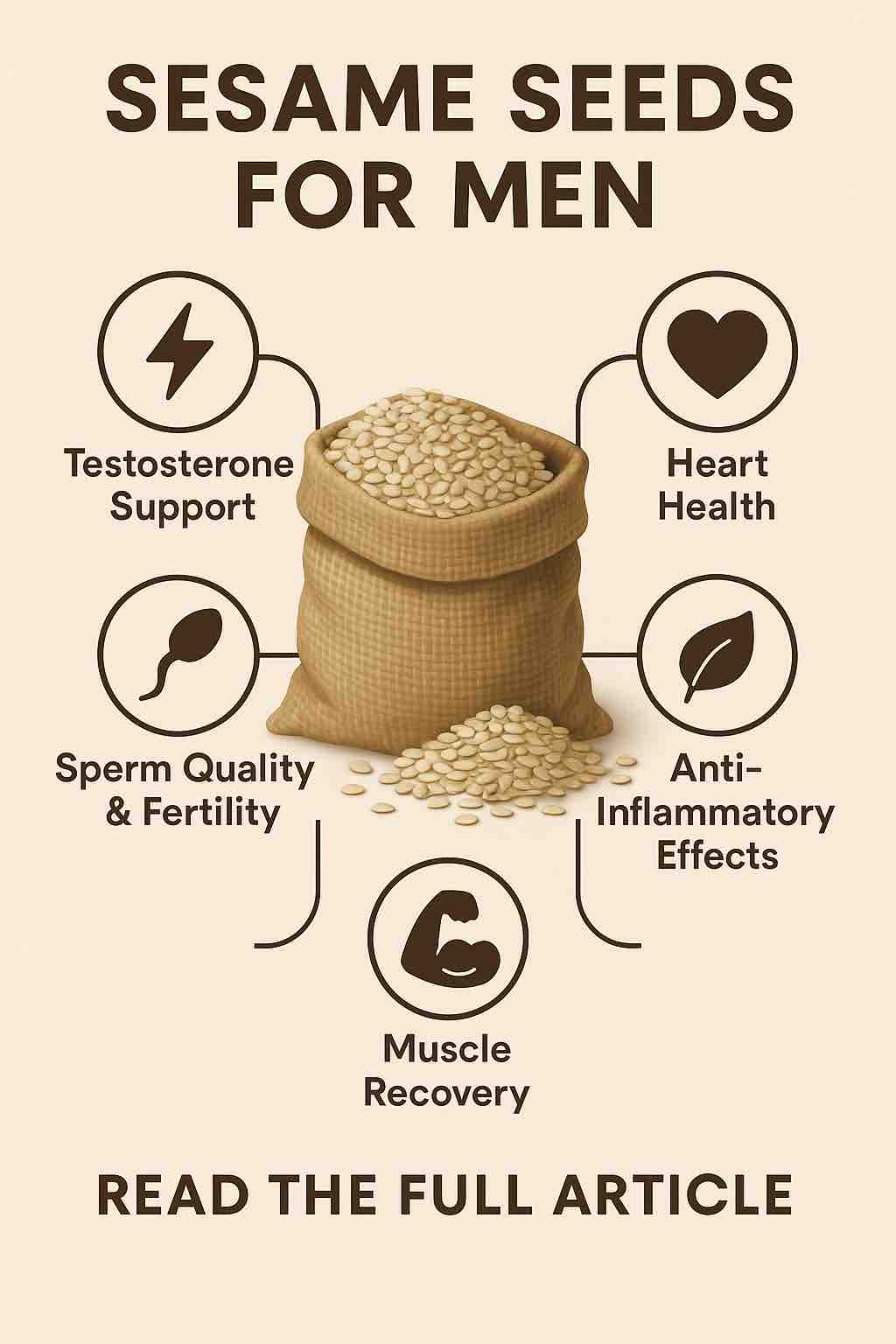
It’s time we gave fennel seeds the spotlight they deserve.
Found in kitchens across India and the Mediterranean, fennel seeds (saunf) are more than just a sweet finish to a meal — they’re a time-tested digestive, breath freshener, and mood-calmer, now validated by modern research.
From Ayurveda to science journals, fennel has earned its place as a go-to for easing bloating, gas, stomach spasms, and even post-surgery discomfort. And in today’s world of fast meals, gut issues, and stress-induced bloating, it may be one of the most relevant natural remedies we can turn to.
Let’s break down the latest on what fennel seeds can do — and how you can start using them today.
🌱 What Exactly Are Fennel Seeds?
Fennel (Foeniculum vulgare) belongs to the carrot family. Its dried seeds are oval, greenish, and taste subtly sweet with a hint of licorice. While commonly chewed after meals in Indian households, their medicinal value is what truly sets them apart.
Nutritional Power Per 1 Tbsp of Fennel Seeds:
- ~2.3g dietary fiber
- Rich in essential oils: anethole, fenchone, estragole
- Packed with potassium, calcium, iron, magnesium
- Natural antioxidants: flavonoids, phenolic acids, and vitamin C
(Healthline)
🧬 Backed by Research: Fennel’s Digestive Superpowers
1. Reduces Bloating & Gas
One of fennel’s most studied uses is its ability to relax the smooth muscles of the digestive tract, allowing trapped gas to release and bloating to subside. This is attributed to anethole, its primary active compound.
🔬 Medical News Today confirms fennel’s carminative effect (gas-reducing) and cites it as a useful tool in managing indigestion and IBS.
2. Soothes Cramping & Gut Spasms
Fennel is a known antispasmodic, meaning it helps reduce cramping in the intestines — ideal for people with Irritable Bowel Syndrome (IBS), menstrual cramps, or post-surgical recovery.
📚 A 2024 study showed that fennel, when combined with turmeric, significantly improved IBS symptoms including pain and bloating.
3. Supports Gut Microbiome
Fennel’s fiber and essential oils have prebiotic effects, helping nourish beneficial bacteria in the gut and reducing inflammation.
🧪 Clinical trials using fennel extract showed an improvement in gut microbial diversity and digestive comfort within 14 days.
4. Freshens Breath Naturally
The antimicrobial properties of fennel essential oils help reduce oral bacteria, making it an ideal after-meal refresher — no need for sugar-loaded mints.
🌟 Other Lesser-Known Benefits
- Hormonal & Menstrual Support: Traditional and clinical evidence supports fennel’s ability to ease menstrual cramps and act as a mild galactagogue (milk production enhancer).
- Anxiety & Calm: Used for centuries in traditional medicine to calm nerves, fennel has mild mood-balancing effects — especially when chewed slowly or consumed as a tea.
- Metabolic Boost: Supports weight balance and insulin regulation in some studies, especially when combined with other fiber-rich herbs.
🥣 How to Use Fennel Seeds Daily
✅ Chew Post-Meal
- Chew ½ to 1 tsp of lightly roasted fennel seeds after lunch or dinner.
- Helps reduce bloating and freshens breath.
✅ Brew as a Tea
- Steep crushed seeds in hot water for 5–10 minutes.
- Add lemon or ginger for added digestive kick.
✅ Cook or Roast
- Use in tempering, spice blends, or dry roast with other seeds for your own post-meal mix.
🧂 Fennel in Digestive Mukhwas — A Smart Blend for Everyday Use
If you want the easiest and tastiest way to add fennel into your daily routine, consider a natural Digestive Mukhwas — a seed-based blend rooted in Ayurveda that includes fennel alongside flax, coriander, sesame, and other gut-friendly herbs.
The version listed on MasalaMonk is:
- Sugar-free
- Preservative-free
- Made by independent small-batch producers
- And available in a Pack of 2 for consistent use
📦 This isn’t a mass-produced mix from MasalaMonk — the platform is a marketplace curating unique, high-quality, small-batch creations. You’re supporting real artisans while getting real digestive support.
👉 You can find the fennel-rich Digestive Mukhwas here:
🔗 https://masalamonk.com/product/digestive-mukhwas-pack-of-2/
⚠️ Precautions & Notes
- Safe in culinary doses — 1–2 tsp daily is well-tolerated by most.
- Avoid excessive use during pregnancy or if you have estrogen-sensitive conditions, as fennel contains mild phytoestrogens.
- Allergies are rare but possible — stop use if you experience discomfort.
🧭 Final Thought: Tiny Seed, Tangible Relief
Fennel seeds are living proof that simple things can be powerful.
Whether you’re feeling bloated, gassy, stressed, or just craving something fresh after a meal — fennel is your go-to companion.
Chew it. Brew it. Or simply spoon it through a thoughtfully made mukhwas blend.
Because in a world full of quick fixes, this one’s stood the test of time — and science.
👉 Ready to make it part of your daily ritual?
Discover the Digestive Mukhwas at:
🔗 https://masalamonk.com/product/digestive-mukhwas-pack-of-2/
✅ 10 FAQs – Fennel Seeds for Digestion & Wellness
- How do fennel seeds help with digestion?
Fennel seeds relax the muscles in your gastrointestinal tract, helping release trapped gas, reduce bloating, and relieve cramping — making them effective post-meal. - Can I chew fennel seeds raw?
Yes, raw or lightly roasted fennel seeds can be chewed after meals. Roasting enhances flavor and makes them more palatable. - How much fennel should I consume daily?
Around ½ to 1 teaspoon post-meal is ideal. Avoid overconsumption if pregnant or if you have hormone-sensitive conditions. - Do fennel seeds help with bad breath?
Yes. Their essential oils have antimicrobial effects that reduce bacteria in the mouth and freshen breath naturally. - Can fennel seeds help with bloating or IBS?
Yes. Multiple studies support fennel’s antispasmodic and carminative properties, particularly for IBS-related discomfort and post-meal bloating. - Is fennel safe for children or the elderly?
In small food amounts, yes. Fennel tea is commonly given to infants in many cultures (under medical guidance) to relieve colic and gas. - Are fennel seeds suitable during pregnancy?
In small food amounts, fennel is generally safe, but consult your doctor due to its mild estrogenic effects. - Can I make tea with fennel seeds?
Absolutely. Crush 1 tsp of seeds and steep in hot water for 5–10 minutes. Add ginger or honey for extra soothing power. - Do fennel seeds aid weight loss?
They may support satiety, reduce cravings, and improve digestion — all of which contribute to better weight management over time. - Is there a convenient way to consume fennel daily?
Yes, blends like Digestive Mukhwas offer fennel seeds combined with other digestion-friendly seeds in a ready-to-eat, post-meal mix.













